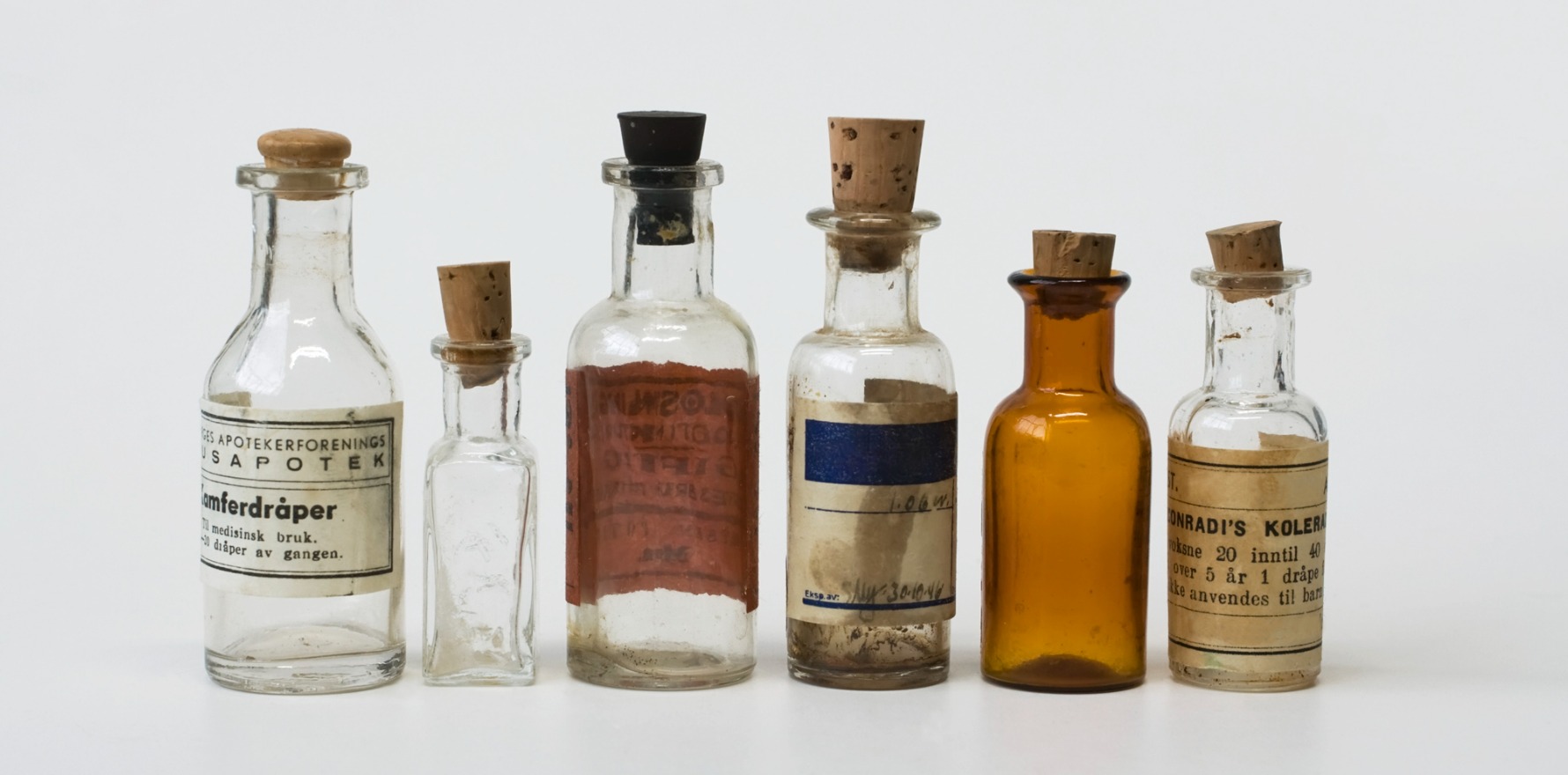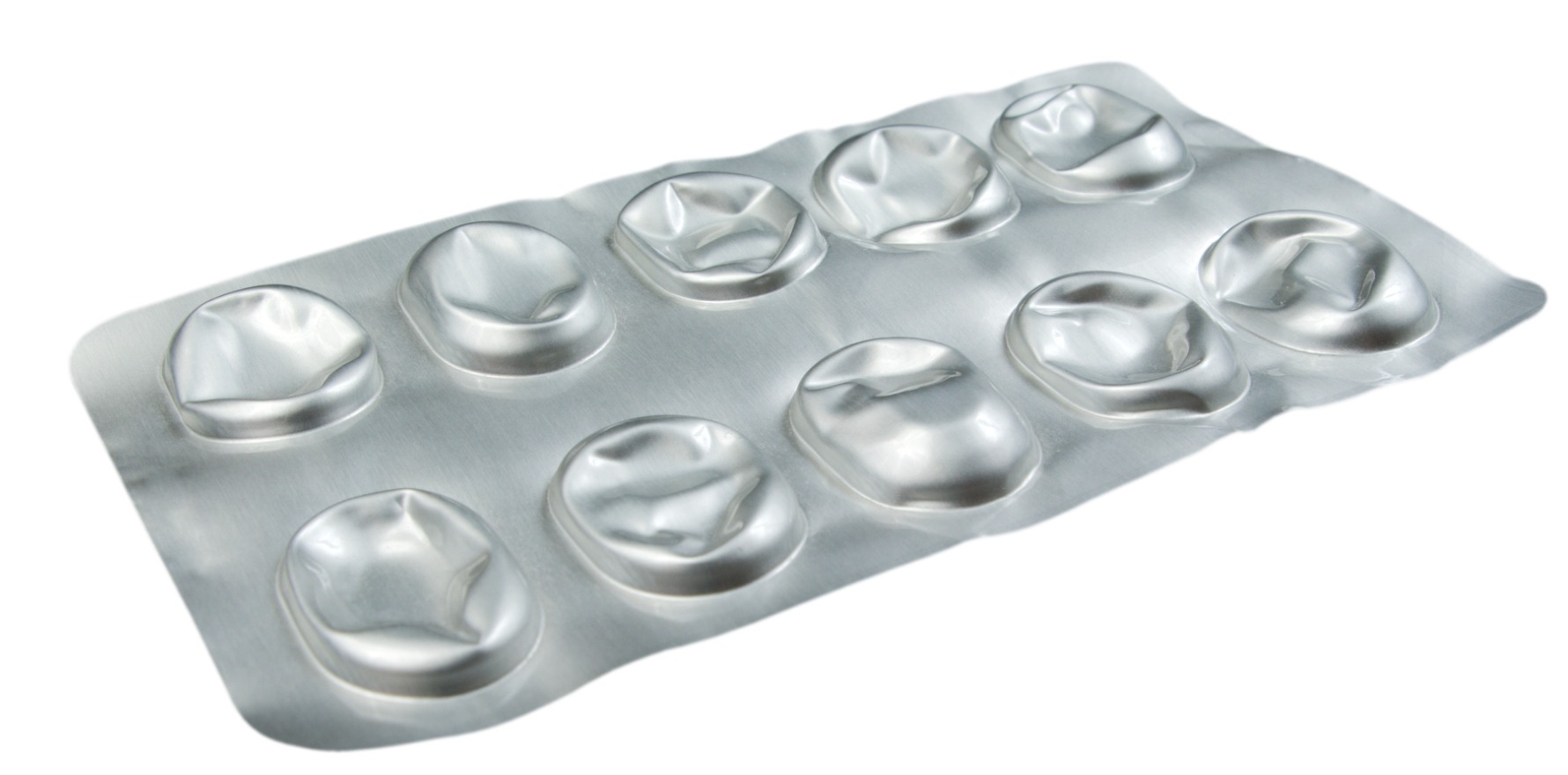An alliance of medical education and consumer groups looks like it is resurrecting the late lamented NPS MedicineWise.
The Department of Health and Aged Care has awarded a number of groups $10 million in educational grants under the Health Professional Education stream of the Quality Use of Diagnostics, Therapeutics and Pathology program, in a move which looks a lot like a long-awaited replacement for NPS MedicineWise.
NPS MedicineWise was controversially defunded at the beginning of 2023 with stewardship of quality use of diagnostics, therapeutics and pathology moved to the Australian Commission on Safety and Quality in Health Care.
At the time the GP community was concerned what effect the demise of NPS MedicineWise would have on the quality use of medicines. In a poll run by the RACGP of its members in late 2022 nearly 80% of members expressed concern.
NPS MedicineWise had been operating at the time it was defunded for just over 24 years. The government never really explained its position on the defunding but it is believed some in the DOHAC saw the group as delivering programs in an inefficient manner.
Although at the time the government indicated there would be a grant process for projects to deliver health professional education and consumer education and health literacy around quality use of medicines, since the disappearance of NPS MedicineWise most doctors have been in the dark about what was happening with quality use of medicine programs.
Late in 2023 the DOHAC quietly announced a series of grants – amounting to $21.5m million over two years – to several groups, the effect of which will largely be to recreate what NPS MedicineWise was doing, but through several organisations rather than one. All the groups seem to have modern and easy to access digital delivery formats for doctors, free of charge.
A key group that won about $10 million in two grants is a consortium of eight health and consumer organisations called the Quality Use of Medicines Alliance (QUMA). This group includes major GP medical education provider Medcast, the RACGP, the HealthCare Consumers Association QUM Connect, Wiser Healthcare, Eczema Support Australia, Arthritis Australia and the Pharmaceutical Society of Australia. It has won grants which will address priority quality use issues for atopic dermatitis, gout, antidepressants in older people and oral anticoagulants.
The group has just launched its atopic dermatitis module in a new offering called QHUB.
According to Associate Professor Stephen Barnett, who is a director of Medcast, QUMA “brings together unique expertise from education providers, consumer groups, researchers, health professional colleges, peak bodies and member organisations to develop free educational activities, at scale, for a national audience of health professionals and consumers”.
“The Health Professional Education Grant led by Medcast will leverage evidence-based approaches to create a comprehensive suite of interactive learning activities and resources,” Associate Professor Barnett told The Medical Republic.
Complementing the QUMA work, a Consumer Health Literacy grant led by the Health Care Consumers’ Association will be attempting to address consumers’ needs and perspectives on the same quality use issues.
The major vehicle for the delivery of QUMA education and courses is a recently launched online offering called QHUB, described by Associate Professor Barnett as “a new beacon for QUM education, embracing innovation, cutting-edge technology, and multidisciplinary learning approaches to deliver impactful educational experiences”.
Related
According to Associate Professor Barnett QHUB provides a “home” for quality use of medicines information and education for GPs and a range of other healthcare professionals.
“Learners can choose from a wide range of free, high quality, independent education across a variety of learning types.
“There will be webinars, virtual small group learning, podcasts, articles, and activities for practices. All this is designed to keep health professionals up-to-date, in an easy and accessible way. It is also a very convenient way to meet CPD requirements with points in all 3 CPD categories.”
The module on gout will be starting in mid-2024 and an antidepressants module is planned for late in the year.





